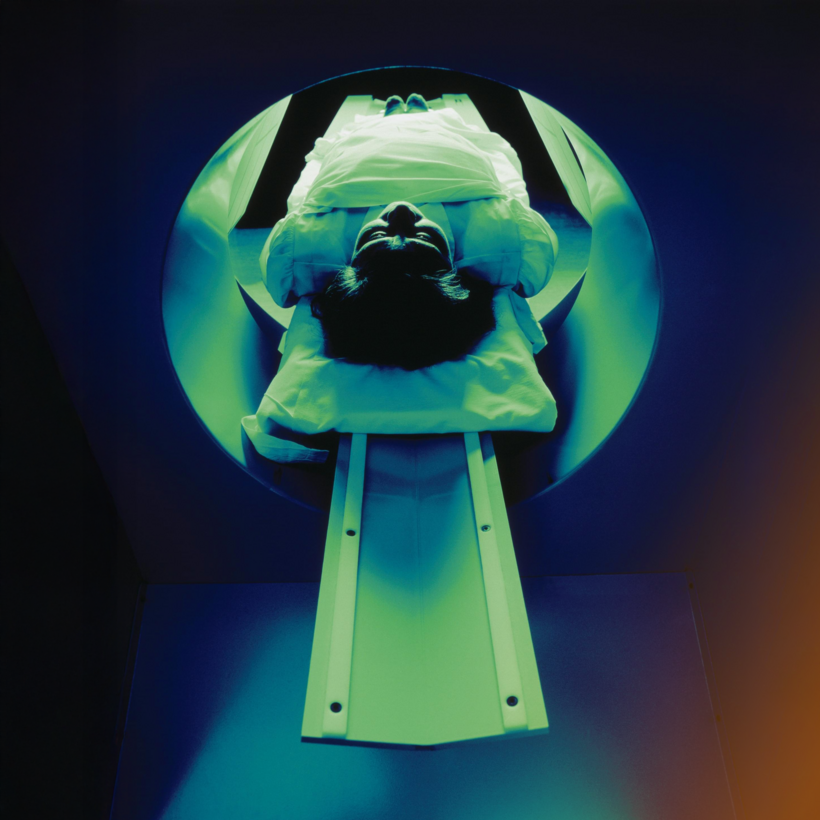I recently found out that I have 979 mole or skin markings on my body, my blood pressure is “excellent” and my grip strength is in the top 10 percent of women aged 40-45 (it’s true that I have never met a jar I couldn’t open). The hottest ticket in London at the moment is not Cate Blanchett in The Seagull but a body scan that can safeguard your future health—and I went to check it out for myself.
Neko Health, a Swedish start-up backed by Daniel Ek of Spotify, opened its clinic in Marylebone, London, at the end of last year—and has a waiting list of more than 100,000 people all desperate to try out what is being hailed as the future of medicine. It costs $380, the whole thing takes an hour and it promises early detection of chronic diseases such as diabetes, cardiovascular irregularities and some cancers by checking the overall health of your heart and arteries, the moles on your body, and your blood sugar and cholesterol levels. In January the company raised $260 million in funding and has plans to launch in the United States.



